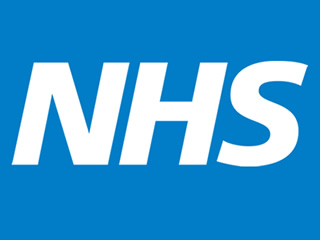New Approaches to Medical Education Could Mean Big Changes to the Way Doctors are Trained

OTTAWA, Sept. 23 /CNW/ - Experts from around the world gathered in Ottawa today for the start of the third annual International Conference on Residency Education (ICRE), which is being organized by the Royal College of Physicians and Surgeons of Canada.
The unique three-day conference will examine current postgraduate medical education programs and challenges, and focus on emerging trends that could significantly change the way doctors are trained.
The keynote speaker for the opening session, Dr. Brian Hodges, Director, Donald R. Wilson Centre for Research in Education, University of Toronto, says many reports in Canada and the United States have called for "significant changes to medical education that will allow doctors to better adapt to today's complex environments, work in teams, and meet a wide range of social needs."


